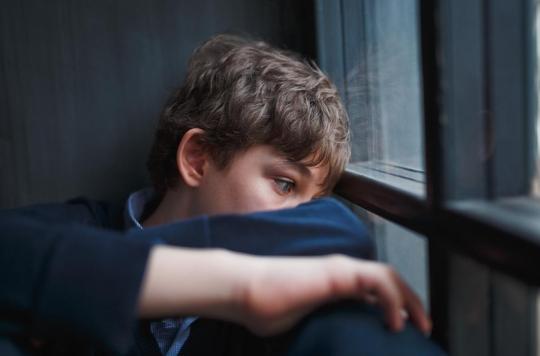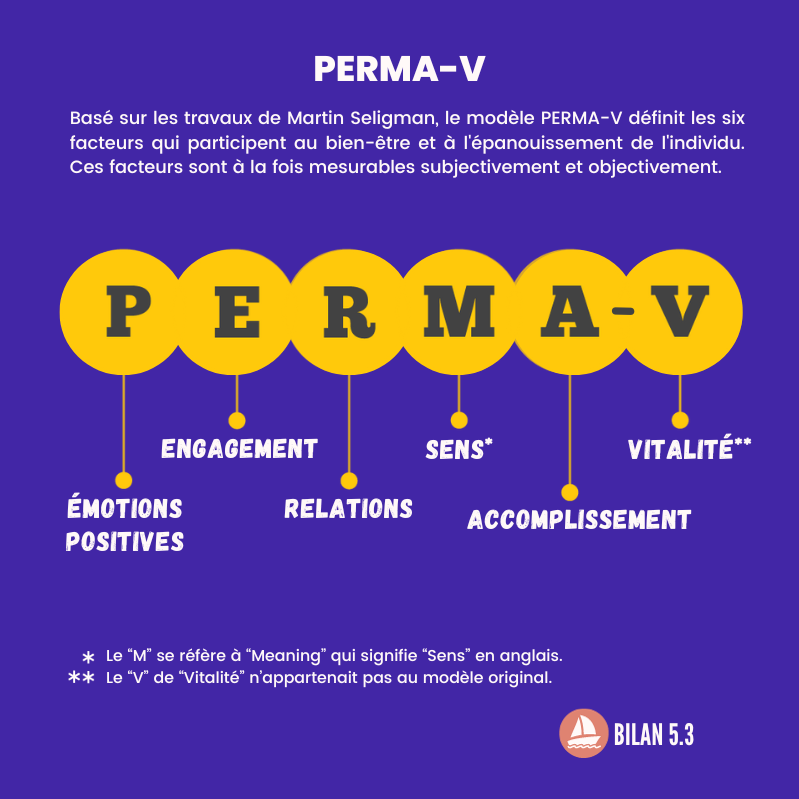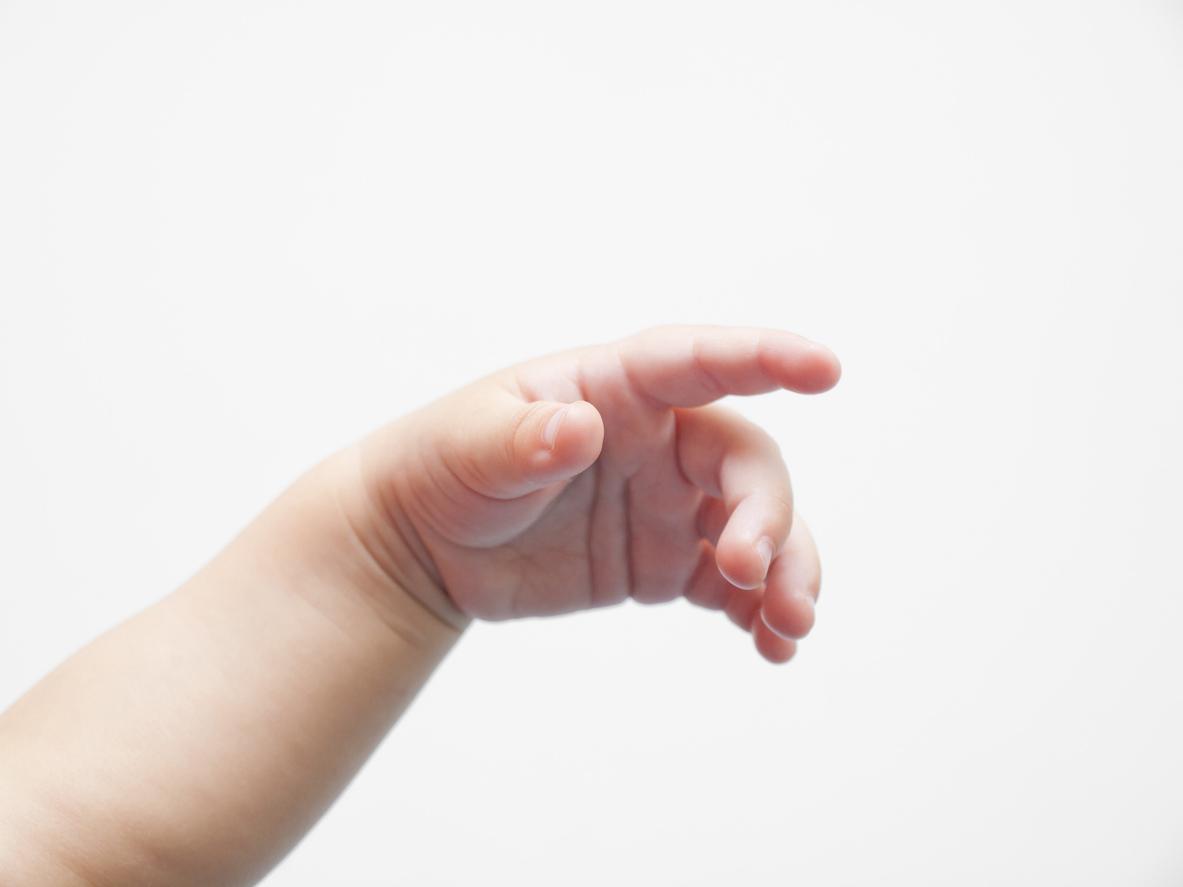Our demands often place a lot of responsibility on the shoulders of children. The clinical psychologist Aline Nativel Id Hammou evokes this phenomenon in her book “The mental load of children”. She explains for Why Doctor which symptoms can alert parents.

As is the case with adults, children can also suffer from mental stress, in particular because of parental projections and requirements (or other reference adults), the notion of academic success and performance imposed during starting school, hyperstimulation or even possible tensions within the couple.
Risk factors divided into 4 parts
Clinical psychologist Aline Nativel Id Hammou, specialist in the field of children, adolescents and the family, warns of this scourge which affects the behavior of children and hinders their development in her book The mental burden of children (Larousse editions), which we detail in a first article.
What are the signs that should alert parents and what is their role in the therapy process? In her personal practice, Aline Nativel Id Hammou has divided the risk factors for childhood mental burden into four parts: “The projection that parents have of their own child, that is to say what it should be ”, to become, to think, to do or to believe. She calls this “the fantasized, idealized” prefabricated child. Then follow “student status”, whose responsibilities can quickly become burdensome when parents impose high goals, “place among siblings” or in the family system and finally gender, which often defines the activities that must practice children according to their parents, even though a little boy may want to dance or a little girl football.
What signs can alert parents?
Each child being different, there are a multitude of signs that can result from a mental load. However, among the most common symptoms, we mainly find “generalized fatigue”. These overworked children are physically, psychologically, emotionally, cognitively, etc. tired. “They may have sleep disorders: either not sleeping, or conversely, developing hypersomnia which will allow them to take refuge in sleep. These children often fall asleep anywhere, even on school benches”.
A child suffering from a mental burden will do what he has to do “without pleasure, in a robotic way, without motivation or desire”. In some cases, he may even display “a depressive look”, details the psychologist. Conversely, the child will try to hide his discomfort and will be “excessively invigorating, energetic, enthusiastic or pleasant”. He will be in exaggeration, which can lead to confusion and make his loved ones think that he is fulfilled. “Sometimes a child exposed to a mental load also shows signs of regressive development, such as a sudden desire to sleep with his parents, to be close to them. It will be in continual demand. This malaise can also cause enuresis (wetting the bed) or encopresis (faecal incontinence).”
In adolescents, we sometimes note “excessive masturbation arising from a vital need to feel one’s body, to feel oneself to exist”. The mentally challenged adolescent may need to excel in front of others, sometimes flirting with danger, including participating in dangerous challenges. “Some children or teenagers can become bullies at school to regain power in their lives, to have control over something”. In short, an ultra-controlled or overworked child will need to feel vibrate, to decide, to exist and can either repress this need to fit into the mold that has been erected for him, or express it in a one way or another (but sometimes not in the best way).
“A child in pain will not formulate his unhappiness either in words. He will not say ‘dad I am sad’ or ‘grandmother I can’t take it anymore’. He will unconsciously use psychosomatization: the unhappiness psychology passes through the body. And when the child says he is in pain somewhere, the adult takes care of him”. not explain the cause.
The role of the parent in the therapy process
Parents play a central role in the therapy process initiated by their child, in particular because the latter may consider himself a burden for those close to him or assume that he has problems. “I tell them from the first session that we are going to form a team, explains Aline Nativel Id Hammou. When the parents are refractory, we make progress with the child for a while, but his difficulties return 6 months later. Because if the parent does not evolve, neither does the child. He belongs to a system (a family), he has his place, his role and this perception will evolve in his mind, so if the parent does not change with him, it will not work”.
How do parents react when the notion of mental workload is mentioned? “I start by talking about stress, fatigue, I evoke depersonalization, then saturation, the load”. When the psychologist finally dares to mention the mental load, she observes two types of reaction: denial (“no it’s not possible, I do everything for him, the mental load in the child is nonsense” ) or “parents collapse, often themselves victims of mental stress and disoriented that their child could experience such unhappiness”.
“Real time”, the key to complicity
The psychologist discusses with the parents their “real time” of presence, that is to say the time they spend with their child. Many consider spending time with their little ones when they have them with them for shopping, or during homework, bath time, meals. However, “it’s time in action” and not in being, specifies Aline Nativel Id Hammou. She insists on the importance of sharing moments with her children, of being 100% present, without telephone, television or friends.
The American psychologist Abraham Maslow, known and recognized throughout the world for having developed a humanistic and positive approach to psychology from the 1940s, erected the famous “pyramid of needs” which ranks all the needs of a child to accomplish. Among them is the “need to belong” which means that each child needs to feel that he is unique for his parents, even when he has brothers and sisters. It is therefore essential that his parents tell him how much they love him and/or show him that they appreciate spending time with him, so that he feels peaceful and safe.
When parents cannot, Aline Nativel Id Hammou recommends simply explaining it to the child, also using non-verbal communication such as facial expressions, rather than “sending him to play somewhere else”. “I can’t play with you now, I have a headache”, “I don’t have time, I have to finish this first”, “I’m tired, I need to rest” … “The children are quite understanding. Parents also need to listen to each other. Otherwise they will give the image of a perfect parent, always smiling, while the child also waits to see the imperfections of his parents so that he too allows himself not to be perfect.
.















